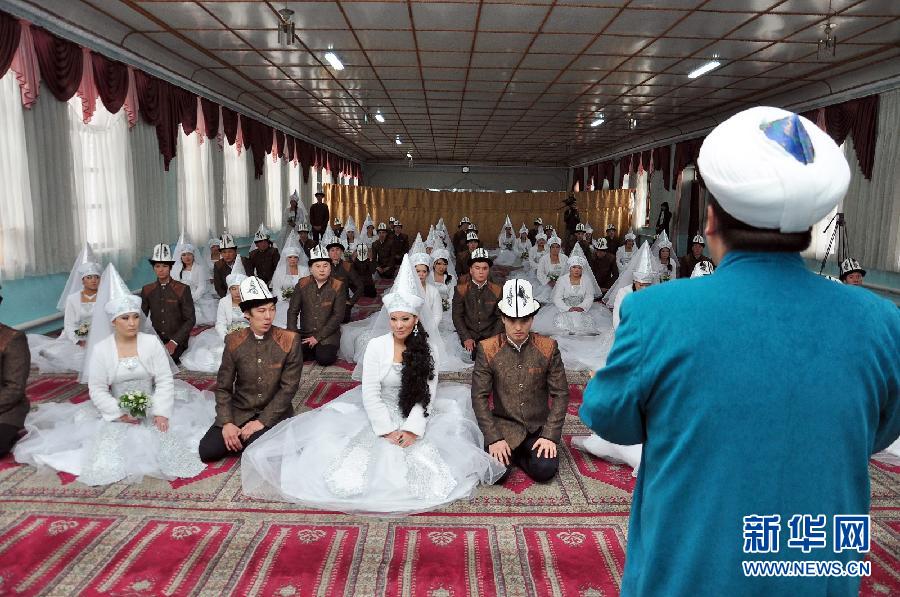
China has potential to maintain the current growth momentum for another 20 years or more and regain the throne of world's largest economy in 2030 or earlier.
However, it depends on various factors to bring the potential into play. China is a developing country lying in the process of institutional transformation and certainly will come up against a lot of unprecedented problems that cannot be ignored during the rapid economic growth period.
Firstly, income inequality and expanded gap between urban and rural areas
At the beginning of the Reform and Opening up, the income gap between urban and rural areas as well as that of eastern, central and western China had shrunk a little, but they began to re-expand since 1985.
The Gini Coefficient, which is an index used to measure equality of income with 0 standing for absolute equality while 1 indicating perfect inequality, rose from 0.31 in 1981 to 0.42 in 2005, closing to the level of Latin American countries, according to the World Bank in 2010.
As the old saying goes that “Inequality rather than want is the cause of trouble,” too large gap between the rich and the poor will cause mental imbalance plus relatively backward education, medical treatment, health protection and social security system, so it easily leads to conflicts and impact social harmony and stability.
 |














 Hunan college girl designs cheongsam inspired by women's secret language
Hunan college girl designs cheongsam inspired by women's secret language


![]()
